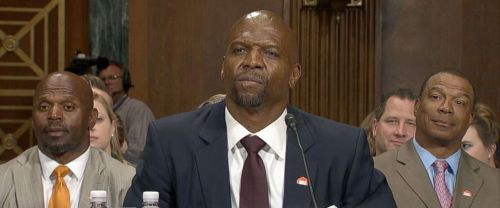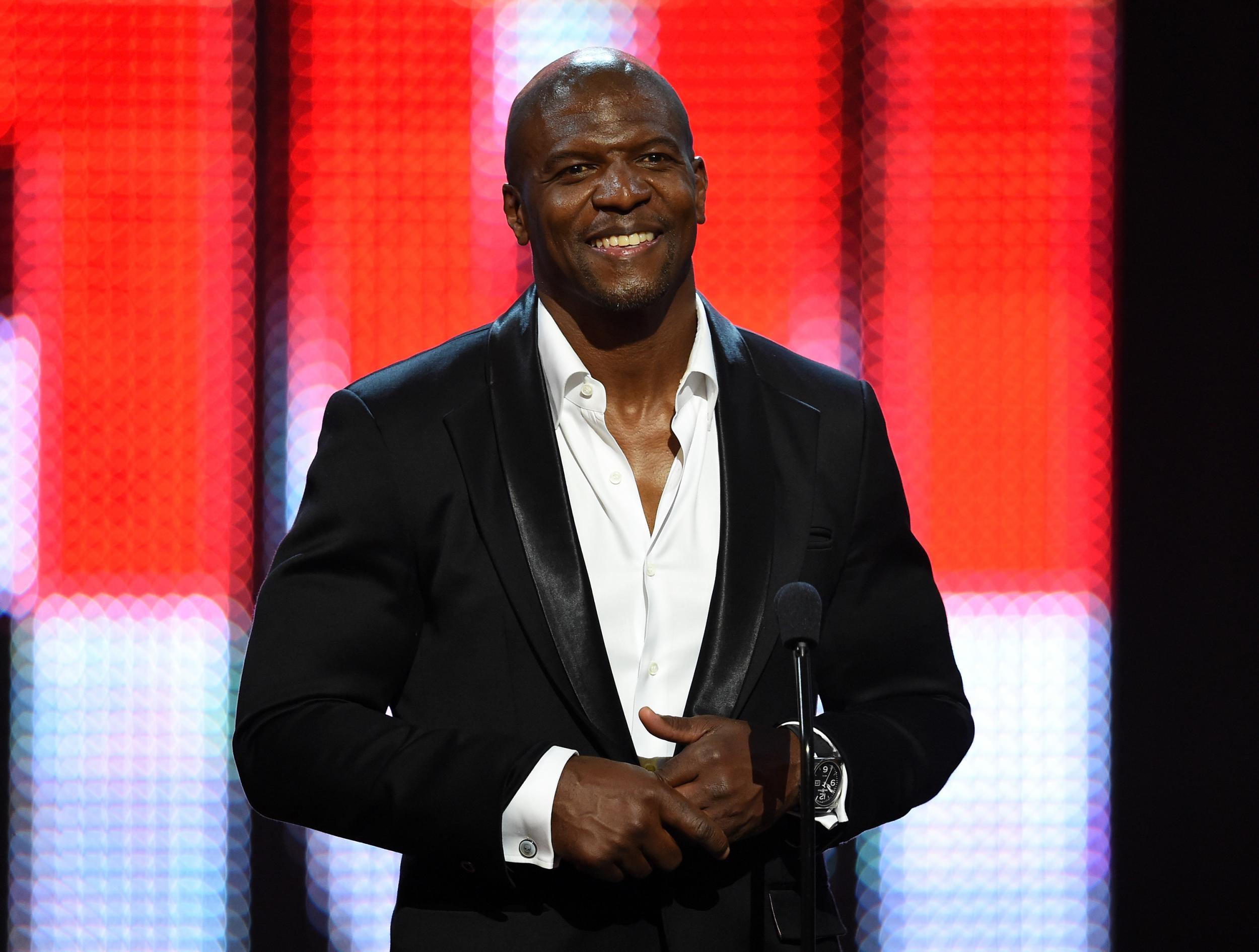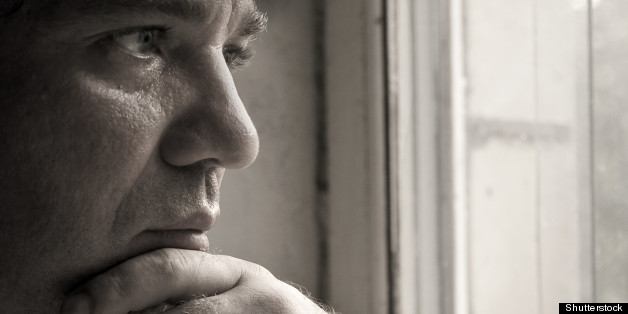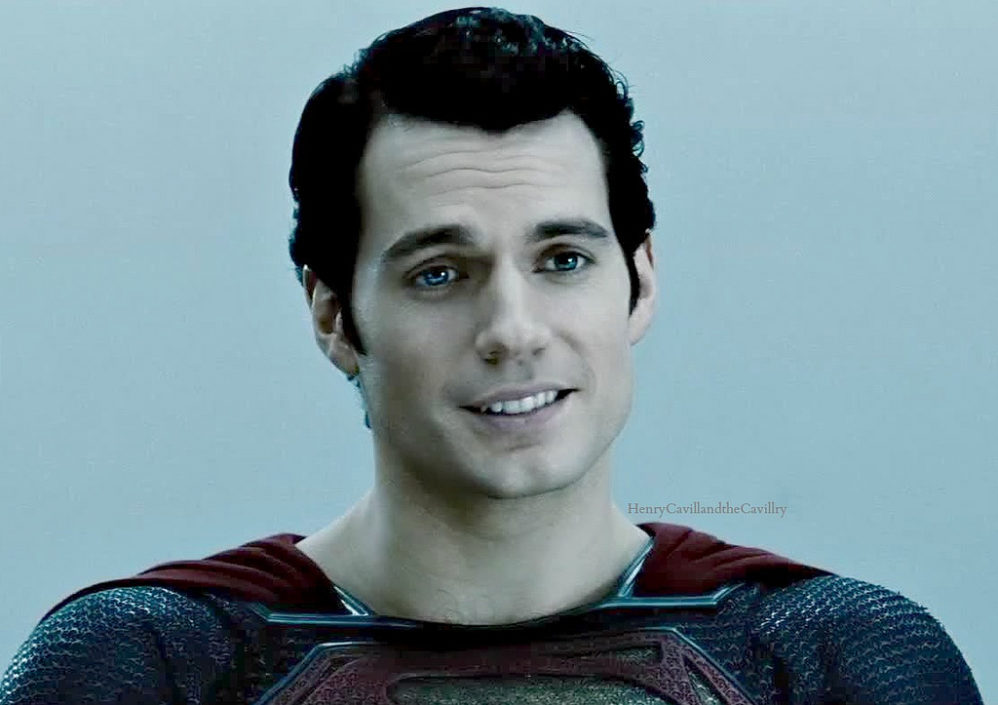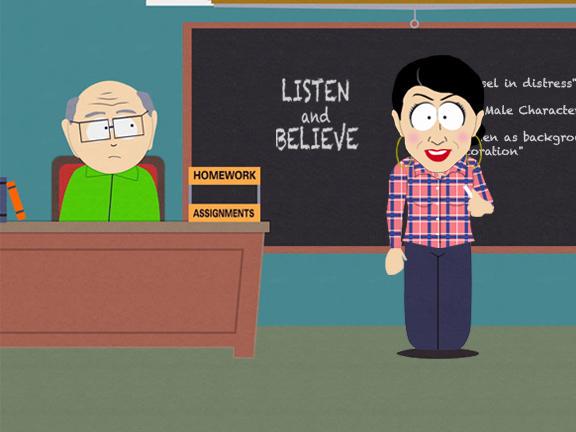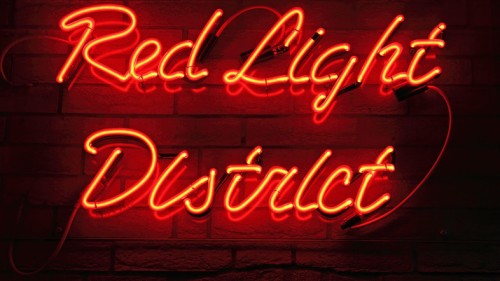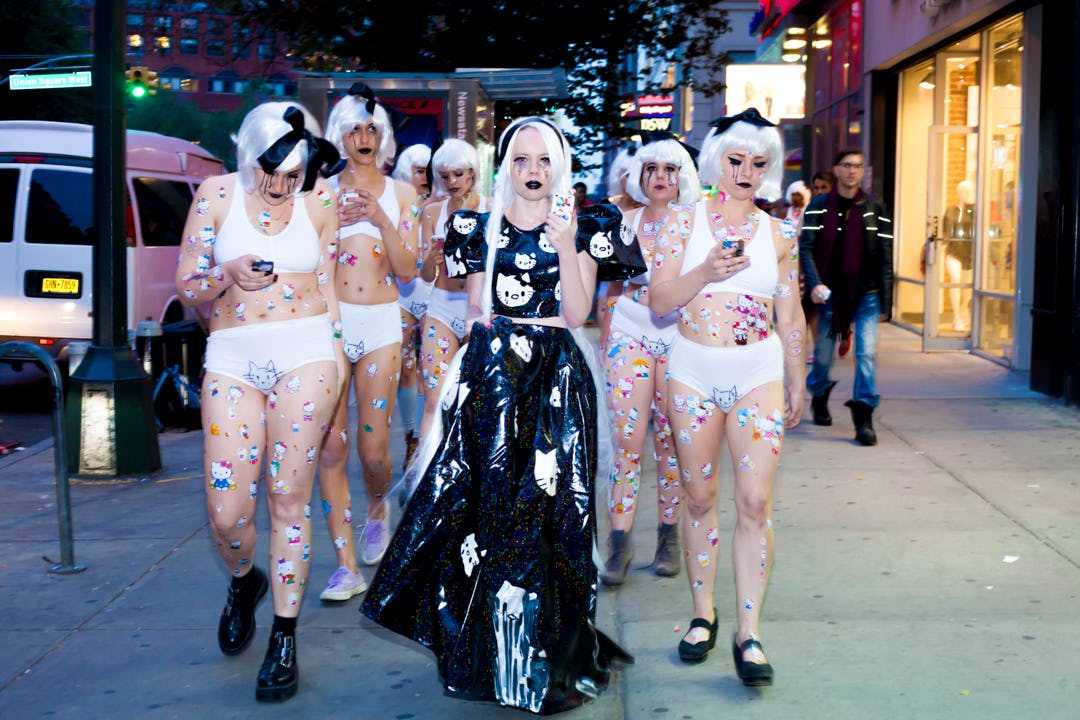
Let’s be honest with ourselves. We’re all subject to certain biases and assumptions. Whether it involves religion, politics, or which movies you like, we can only ever be so objective. We’re not machines. It’s next to impossible to analyze a situation with cold, unfeeling logic and render a perfectly objective judgment.
I make that disclaimer because I’m about to talk about the ongoing situation between Johnny Depp and Amber Heard. Please note that I’ve been avoiding this topic, but not because it involves serious, emotionally charged issues. I’ve touched on issues of spousal abuse and double standards in the past before. I’ve even attempted to pose distressing thought experiments about gender politics and double standards.
This case, however, is one of those instances where it’s just too late. There’s no possible way to have a balanced discussion anymore. It has gone beyond he said/she said, celebrity gossip, and double standards. At this point, this whole case is just one big, ugly affair in which any side can find a detail to confirm whatever bias they want.
The details of the case are simple, but disturbing. When the anti-harassment movement was picking up steam, Amber Heard accused her ex-husband Johnny Depp of serious abuse. Her stories were disturbing, but enough people believed them that he was ultimately fired from the Pirates of the Caribbean franchise.
At first, Heard’s story checked all the boxes for a standard #MeToo narrative. It was easy to believe because Johnny Depp, whatever you think about his movies, is an odd character. He’s no Tom Cruise, but many see him as eccentric, even by Hollywood standards. It’s not too hard to imagine him having a dark side.
Then, the narrative changed. During a number of legal battles, he accused Heard of being physically and emotionally abusive towards him. It’s not the typical narrative. There’s still a major taboo, as well as a gross double standard, surrounding women abusing men. It’s either not taken seriously or brushed off.
However, there’s one detail about Depp’s accusation that sets it apart from Heard’s. Unlike Heard, there’s actual audio evidence to back up his claims. This isn’t some rumored recording either. It was made public. It included direct quotes of Heard saying stuff like this:
“You didn’t get punched. You got hit. I’m sorry I hit you like this. But I did not punch you. I did not f***ing deck you. I f***ing was hitting you. I don’t know what the motion of my actual hand was, but you’re fine, I did not hurt you, I did not punch you, I was hitting you.”
To date, there has been no evidence to back up Heard’s claims about Depp. That didn’t stop her from doubling down on her claim as an ongoing libel trial wraps up. She still stands by her claims, even though she doesn’t have audio evidence to back up those claims. Even without it, there’s no guarantee the audio will make a difference.
This is where an uncomfortable, but unavoidable truth emerges. Regardless of your gender or your political leanings, this case has revealed something that has and will continue to disrupt any efforts towards gender equality.
Johnny Depp, and men like him, will never get the benefit of the doubt.
In making this statement, I’m not just referring to cases of spousal abuse. In the grand scheme of things, with respect to the various injustices driven by gender politics, we just can’t treat everyone by the same standard. We can try and we really should, but the results are always going to be mixed to some extent.
It’s hard to avoid. Were it not for that audio recording, how many would give Depp’s accusations of abuse by Heard any credence? He’s an eccentric, yet very successful actor in an industry that has a long history of enabling awful men. Him being an abuser just fits the standard narrative of how most people imagine spousal abuse.
Even before the anti-harassment movement, many of us already had that narrative ingrained in us. The idea of a woman abusing a man just doesn’t fit with every idea and assumption. We think spousal abuse and our immediate reflex is to think about a man abusing a woman. That’s the default. Anything other than that is going to draw skepticism.
On top of that, there’s also the beauty factor. That’s another distressing, but understated truth that this case has exposed. Amber Heard, however guilty she might be, is still a beautiful woman by most standards. Like it or not, beautiful women are far more likely to get the benefit of the doubt for pretty much everything, including abuse.
That’s not an extreme opinion. It’s well-documented that beautiful people have things easier and are given more credence. There’s even some biology to it. People are both drawn to beauty and feel compelled to trust, revere, and preserve it. Even if Johnny Depp was just as beautiful as her, relatively speaking, being a woman still gives her an edge.
Like I’ve noted before, women’s bodies tend to be more valued than men. As such, we’re just going to be more inclined to trust them, even if it’s for all the wrong reasons. That means, even with a verified audio recording of Amber Heard admitting physical abuse, we’ll give her the benefit of the doubt before Depp.
It’s not fair.
It’s not right.
It’s certainly not just.
Regardless of your gender politics, abuse is abuse. Women suffer from it, but so do men. Celebrities like Corey Feldman and Terry Crews have been vocal about it for years, but no matter how much awareness they raise, our biases don’t change. In cases of serious abuse, we’ll still never give them the benefit of the doubt.
There’s so much I can say about this case, which is one of the reasons I’ve avoided it. I’ve seen a lot of heated discussions between feminists, anti-feminists, liberals, conservatives, and even moderate-minded people. Very little actually comes of it. There’s no way this case will ever change anyone’s mind or shift their gender politics in any way.
Any instance of abuse is awful. Regardless of the outcome, it’s still going to leave everyone unsatisfied. Depp and Heard will have their respective supporters, but the overall narrative surrounding this case won’t change. A man accused of abuses a woman cannot and will not be viewed the same as a woman who abuses a man.
It’s tragic, as well as frustrating. That’s just the current state of affairs for gender politics. A lot will likely change because of this global pandemic, but this ingrained narrative will likely persist. The end result is more abuse and less justice.








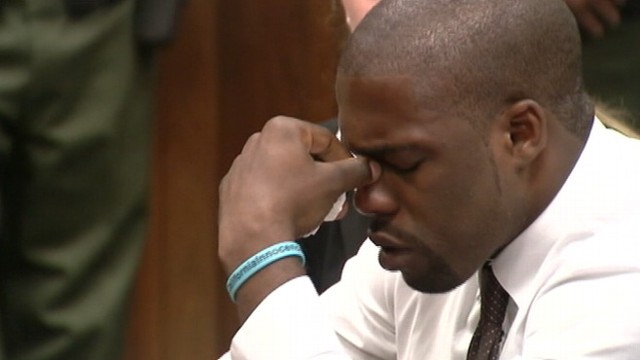





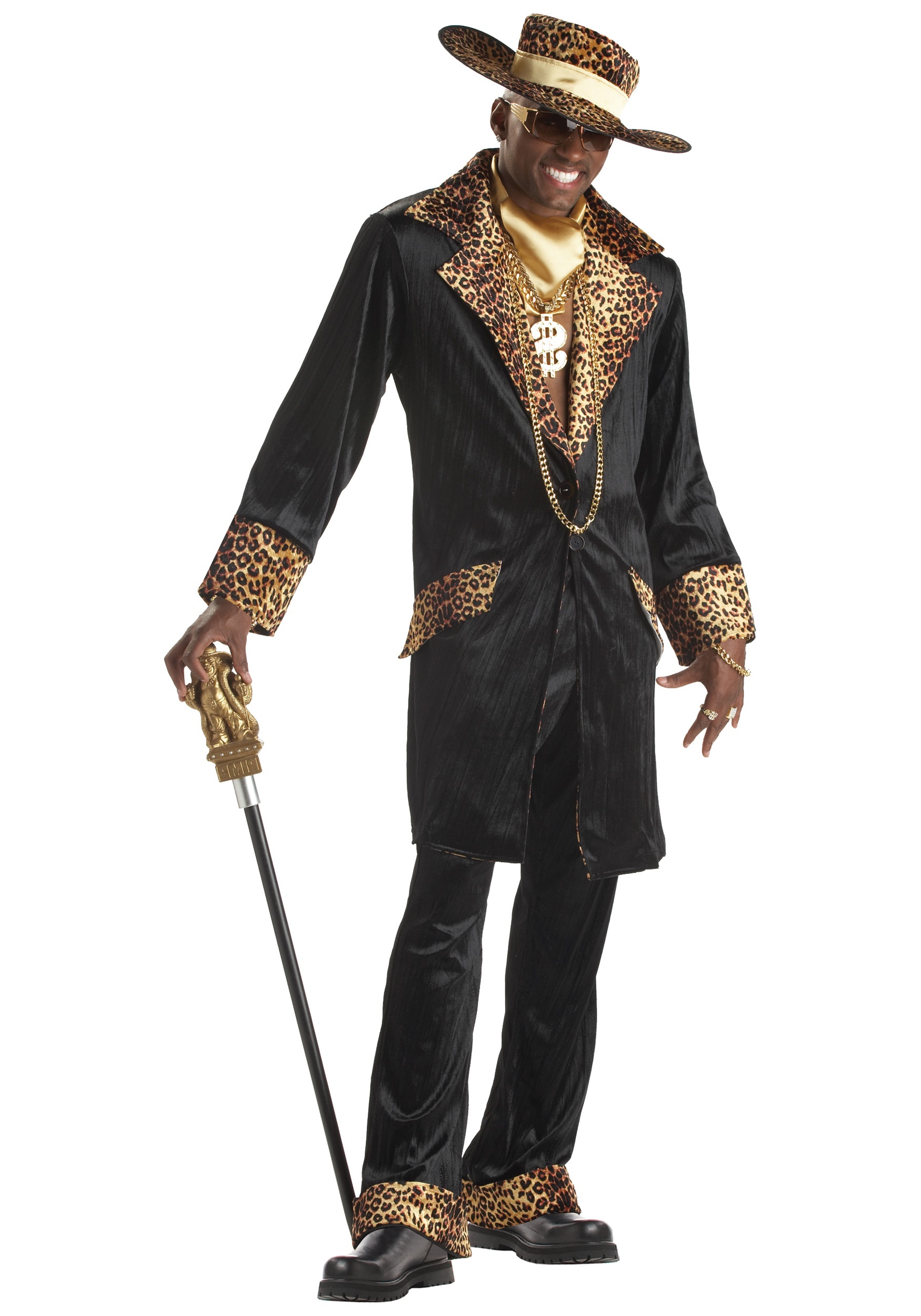



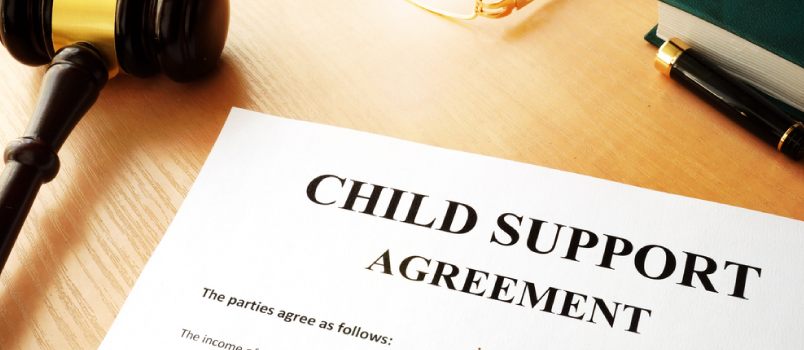

:max_bytes(150000):strip_icc()/women-against-pornography-515237479-574cdf4e5f9b58516560cab5.jpg)
